The challenge lies in synchronization.
Digital transformation is opening a new era of development for Vietnam's socio -economy. Promoting the application of strategic technologies from AI, Blockchain, Big Data, Cloud Computing to smart traceability is not only an inevitable requirement, but also an important lever to help Vietnam break through and deeply integrate into the global digital economy.
In Vietnam, traceability technology has received special attention since the Prime Minister issued Decision No. 100/QD-TTg dated January 19, 2019 approving the Project on deployment, application and management of the traceability system. Since then, localities and enterprises have actively applied digital technology in product management, monitoring and transparency, contributing to improving the quality, reputation and value of Vietnamese brands.
At the forum "Vietnam's Digital Future 2025 with the theme: Developing and applying strategic technology for digital transformation and traceability - Leverage to create a digital future for Vietnam's integration" on November 19 in Hanoi , experts said that Vietnam's technological capacity is completely ready for large-scale deployment.
Mr. Phan Duc Trung - Chairman of the Vietnam Blockchain Association and Vietnam Digital Assets emphasized that Blockchain not only ensures the integrity and immutability of data, but also helps reduce the cost of retrieval to almost zero. With current open source technology platforms, processing hundreds of thousands of transactions per second is completely feasible.

"If there is legal consensus and common standards like GS1, we only need 6 months to complete a national-scale traceability system," said Mr. Phan Duc Trung.
From an agricultural perspective, Mr. Nguyen Bao Trung - Deputy Director of the Department of Digital Transformation (Ministry of Agriculture and Environment) said that the combination of AI, Big Data and IoT will create a revolution in management.
"AI can analyze data from IoT sensors on varieties, growing areas, and weather to forecast yields. If the reported number exceeds the actual threshold, the system will warn of signs of fraud," Mr. Nguyen Bao Trung analyzed.
From the perspective of market management, Mr. Nguyen Duc Le - Department of Domestic Market Management and Development (Ministry of Industry and Trade) pointed out an urgent reality: the fragmentation of technology solutions.
"Currently, there are dozens of businesses providing different tracing applications. Market management forces cannot install all of these apps to conduct inspections. We need a common application, a comprehensive platform," Mr. Le said.
According to Mr. Le, in the context of Vietnam moving from "pre-inspection" to "post-inspection", the role of technology becomes more important. A complete traceability system will help state agencies monitor compliance with standards from the beginning and warn consumers early about risky products such as expired or unsafe goods.
The "knots" that need to be untied
Although the technology is ready, experts agree that the road to implementation still has many major challenges, mainly coming from human and institutional factors.
In which, Mr. Nguyen Bao Trung pointed out 4 main difficulties. Firstly, the data lacks standards because each system and each industry has its own data standards, making it difficult to connect. Secondly, the small-scale production model because Vietnamese agriculture is still fragmented, individual households face difficulties in costs to maintain and update data into the common system. Thirdly, the market requirements are diverse, each export market (EU, US, China) has different access requirements. Fourthly, there is a lack of coordination and authentication when the current data is mainly self-declared by enterprises, lacking the participation of state management agencies, reducing value and reliability.
Sharing the same view, Mr. Do Hong Chung - Deputy Chief of the Standing Office of the National Steering Committee 389 affirmed that the data sharing mechanism must become mandatory between ministries and platform providers.
"In reality, there are cases where goods have real addresses, real businesses, real anti-counterfeit stamps, but in essence, they are still fake goods in terms of quality. Therefore, traceability is not only about origin, but also about the accompanying quality," said Mr. Chung.
To address these issues, according to experts, policymakers, enforcement agencies and technology businesses need to work together to build a unified legal framework and an overall system architecture, ensuring data is interconnected, transparent and legally valid.
Source: https://doanhnghiepvn.vn/chuyen-doi-so/giai-phap-cho-truy-xuat-nguon-goc-va-nang-tam-hang-hoa/20251119021737842





![[Photo] Visit Hung Yen to admire the "wooden masterpiece" pagoda in the heart of the Northern Delta](/_next/image?url=https%3A%2F%2Fvphoto.vietnam.vn%2Fthumb%2F1200x675%2Fvietnam%2Fresource%2FIMAGE%2F2025%2F11%2F21%2F1763716446000_a1-bnd-8471-1769-jpg.webp&w=3840&q=75)
![[Photo] National Assembly Chairman Tran Thanh Man holds talks with President of the Senate of the Czech Republic Milos Vystrcil](/_next/image?url=https%3A%2F%2Fvphoto.vietnam.vn%2Fthumb%2F1200x675%2Fvietnam%2Fresource%2FIMAGE%2F2025%2F11%2F21%2F1763715853195_ndo_br_bnd-6440-jpg.webp&w=3840&q=75)



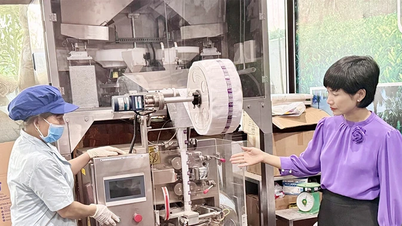

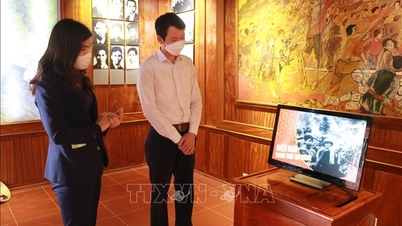
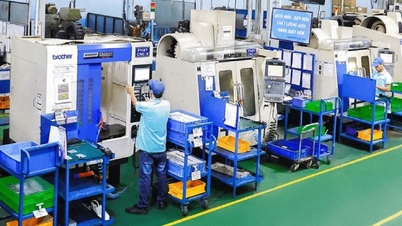






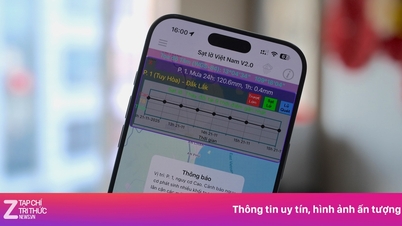

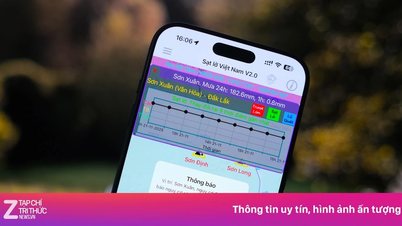
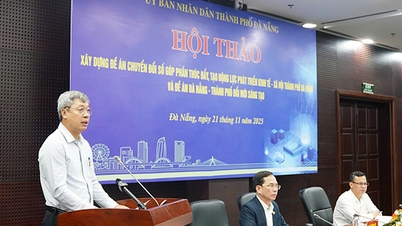








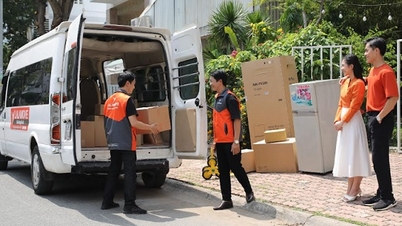

















































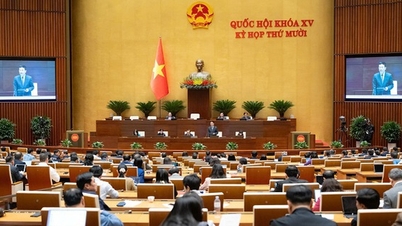



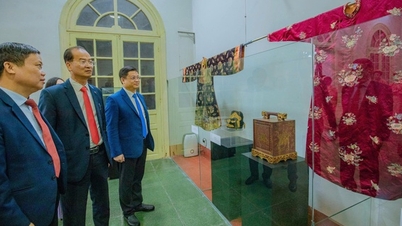
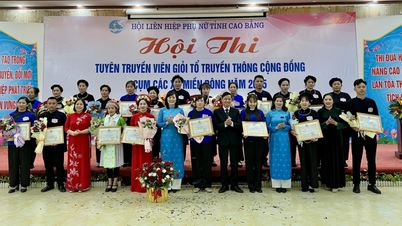

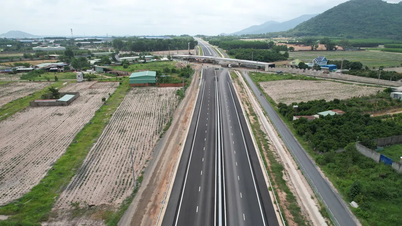






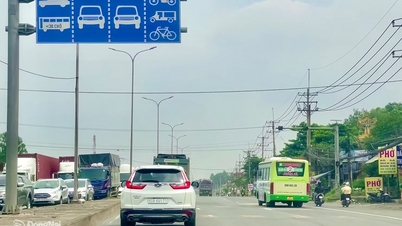















Comment (0)